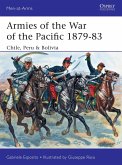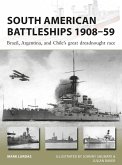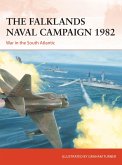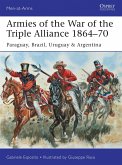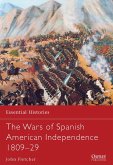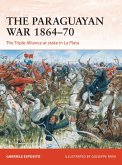In 1818, the revolutionary government of Chile was poised to attack Peru, the last bastion of Spanish power on the continent. The new ruler, the half-Irish Bernardo O'Higgins, threw his energies into creating a navy. Short of local naval manpower, the Chileans looked to Britain and the United States for the sailors needed to man and command their squadrons, many of them unemployed veterans of the Royal Navy. And, to be the new navy's commander-in-chief, they recruited one of the most fearless and controversial officers of the age: Thomas, Lord Cochrane. The story of the naval war in the Pacific is an exciting one. Under Cochrane's audacious leadership, coasts were blockaded, fortresses stormed and ships seized in bloody hand-to-hand fighting. The result was that Chile and Peru gained their freedom from Spain, while Cochrane enhanced his reputation and made a fortune in pay and prize money. For one hundred and fifty years, the accepted story of the war has been based on Cochrane's own version of events. But how accurate is Cochrane's account? To find out, Brian Vale goes back to the original documents, despatches, diaries and newspapers.
The result is a new and vivid account of the war in the Pacific and a reassessment of one of Britain's legendary naval heroes seen at the peak of his career.
The result is a new and vivid account of the war in the Pacific and a reassessment of one of Britain's legendary naval heroes seen at the peak of his career.



